Scope Of Django Developer In Future
4.8 out of 5 based on 942 votesLast updated on 30th Jan 2023 2.9K Views
- Bookmark

A Django developer is responsible for designing, developing, and maintaining web applications using the Django web framework and the Python programming language.
.webp)
Django is a free and open-source web framework written in Python. It follows the model-view-controller (MVC) architectural pattern and emphasizes the reusability and "pluggability" of components. Some of its popular features include an ORM (Object-Relational Mapping) system, a built-in administrative interface, and support for handling forms and authentication. A certification program will provide you with a comprehensive understanding of the Django framework and the Python programming language. You can take up Django Online Course to learn this niche tool. This will help you to become a more skilled and effective developer. Certified Django developers are often in high demand and can command higher salaries than those without certifications. This article features the future scope, roles, and responsibilities of a Django developer and the steps to be a successful Django developer. Continue reading to unleash the information.
How to become a Django Developer?
Becoming a Django developer typically requires knowledge of both the Django web framework and the Python programming language. Here are some steps you can take to become a Django developer:
- Learn the basics of Python: Before diving into Django, it's important to have a solid understanding of the Python programming language. Comprehend about variables, data types, control flow, functions, and object-oriented programming.
- Understand Django: Start by learning the basics of Django. Such as how to set up a project, how to create views and templates. And further how to interact with a database using the built-in ORM.
- Build projects: The best way to learn Django is to build projects with it. Start with small projects like a simple blog. Further on to-do list application and then move on to more complex projects as you gain experience.
- Practice your skills: Participate in coding challenges or coding exercises to practice your skills and keep them sharp.
- Learn about best practices: Learn about best practices for building web applications with Django. These applications may include security, performance, testing, and deployment.
- Keep learning: As a developer, you need to keep learning and updating your skills. Thus, Follow the latest Django developments and try out new features and packages.
- Get hands-on experience: Try to get a hands-on experience in Django. You can start by working on a real-world project or by getting an internship. Thus this will allow you to apply your skills in a practical setting and learn more about the industry.
Remember that becoming a Django developer takes time and practice. However with dedication and hard work, you can become an expert in no time.
Roles and Responsibilities of a Django Developer:
A Django developer is responsible for designing, developing, and maintaining web applications using the Django web framework and the Python programming language. Here are some specific roles and responsibilities that a Django developer may have:
- Design and develop web applications: Using the Django framework and Python, a Django developer will design and develop web applications that meet the requirements of the clients or the organization.
- Integration with databases: Django developer will use the built-in ORM to interact with databases, such as creating, reading, updating, and deleting records. They will also be responsible for optimizing database performance and troubleshooting any issues.
- Implementing security features: A Django developer will be responsible for implementing security features such as authentication and authorization, and ensuring that the application is protected against common web application vulnerabilities.
- Continuously learning and improving: A good Django developer will continuously learn. Thus they improve their skills by keeping themselves updated with the latest developments in the Django framework and Python programming language. You can take up a certification from Django Training Institute in Delhi and gain expertise. Certification can be a valuable addition to your resume and can help you to advance your career in the field.
- Developing and maintaining API: Django developer will be responsible for creating and maintaining APIs that allow the application to communicate with other systems and services.
Note that the exact roles and responsibilities may vary depending on the specific job and organization, but these are some common tasks that a Django developer may be responsible for.
Sum Up:
Many companies and organizations require their developers to have certifications to prove their knowledge and skills. Having a Django certification can make you more attractive to potential employers and increase your chances of getting hired. With more and more developers becoming proficient in Python, the demand for Django will likely continue to grow In conclusion, the future of Django looks bright, and it is likely to continue to be a popular choice for web development in the future.
Subscribe For Free Demo
Free Demo for Corporate & Online Trainings.

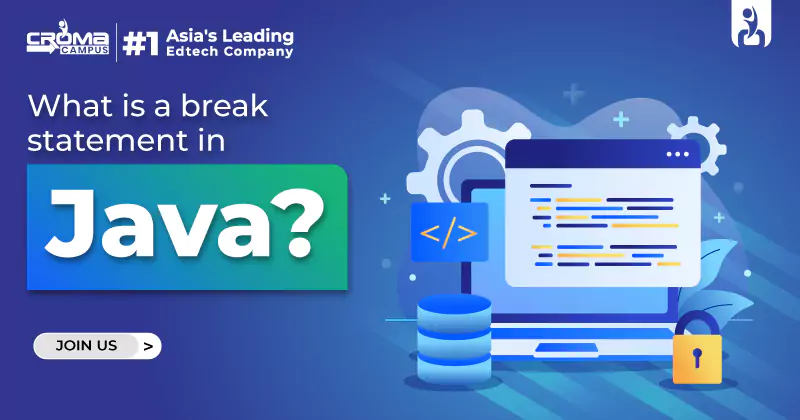
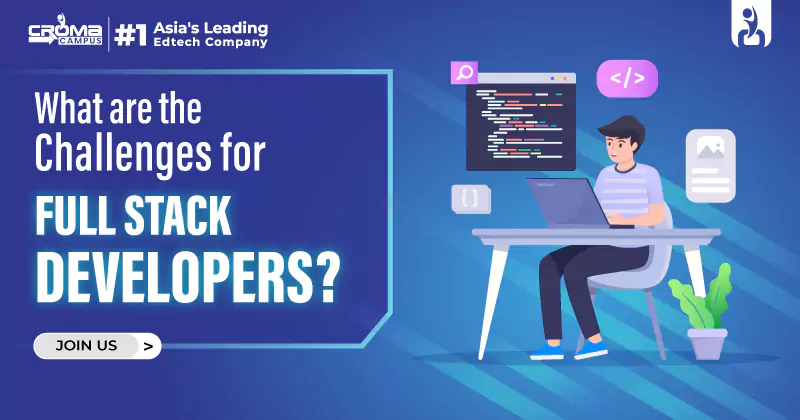


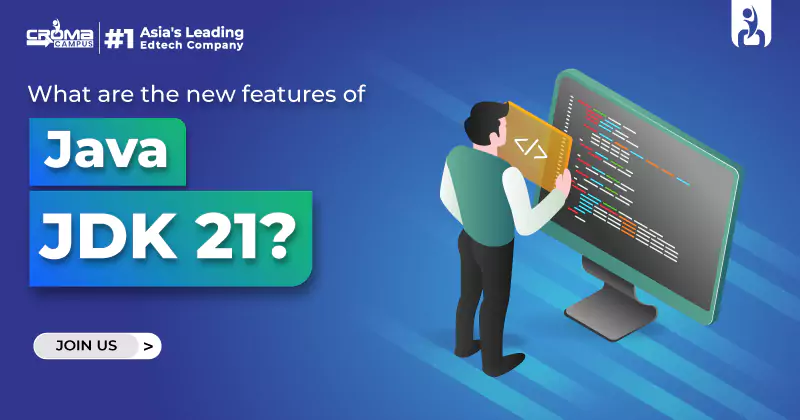


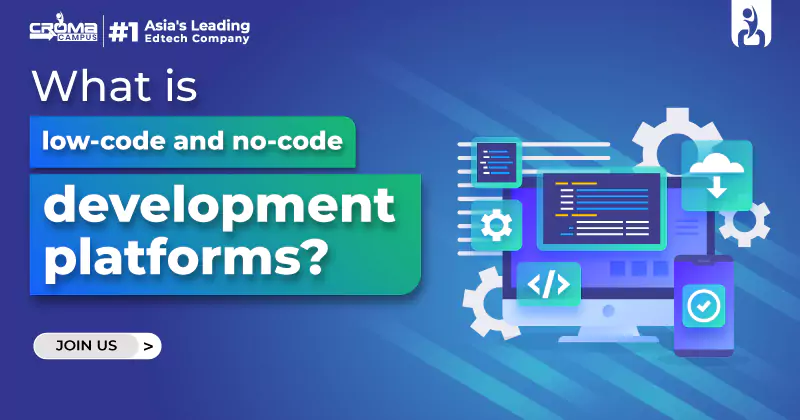
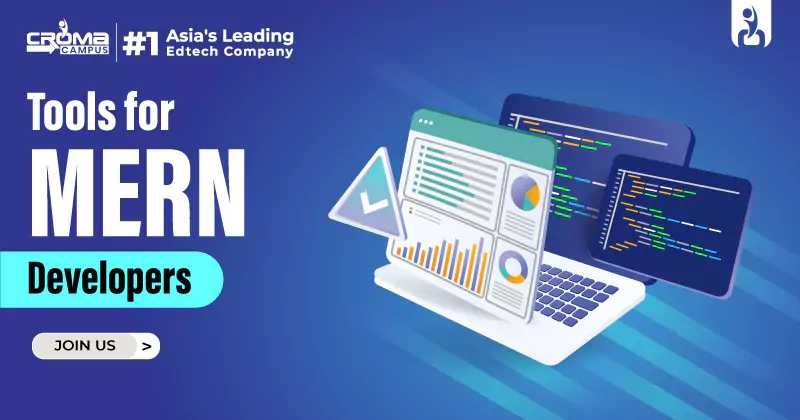
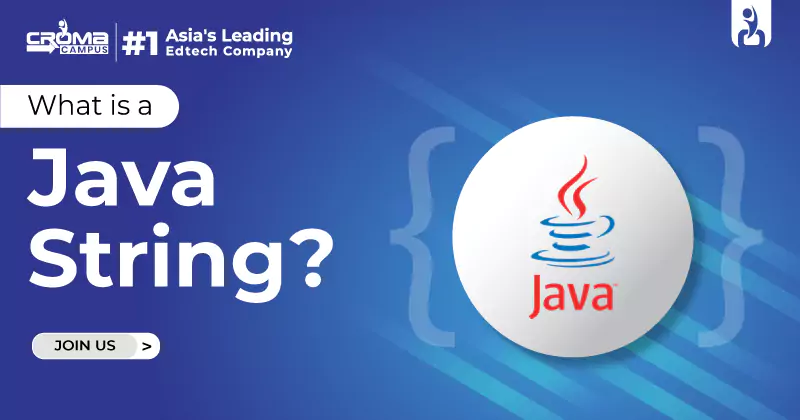
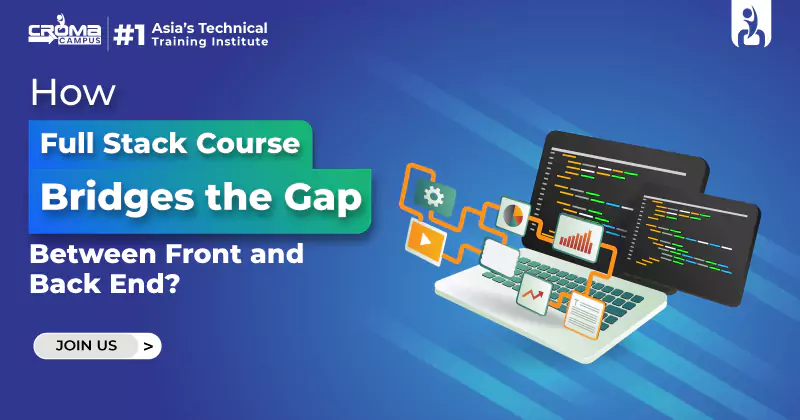













.webp)
.webp)

.png)















